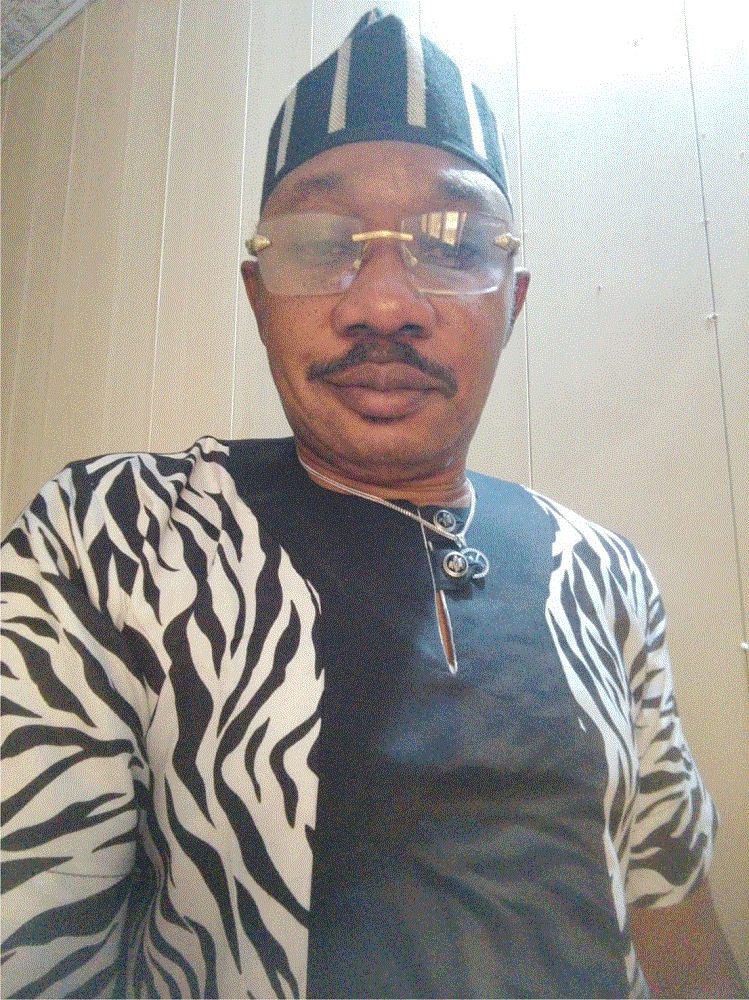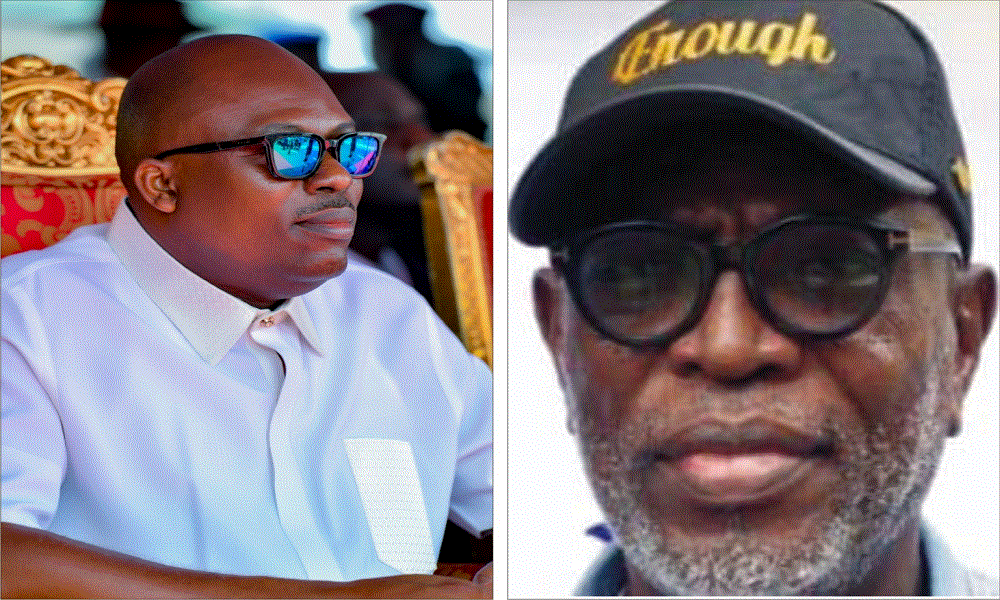A Postscript on Uganda’s election.
Ugandans went to the polls last weekend in a hotly contested election and supposedly re-elected President Yoweri Museveni for a sixth term in office. He will continue a 35-year rule of the country. According to official government figures, the incumbent president won 58.6% of the vote while his nearest rival, Robert Kyagulanyi, popularly known as Bobi Wine, took 38.4%. . This appears to be a sad commentary on democracy.
Uganda has always had problematic leadership at the very top. Since the country’s independence from Britain in 1962, there has been no peaceful handover of power. When Mr. Museveni seized the reins of power in 1986, he promised that his government would further the cause of competitive politics. Uganda had endured years of colonialism, and then dictatorship and lawlessness under Milton Obote’s rule and the infamous Idi Amin Dada. But in the decades since, Mr. Museveni and the ruling National Resistance Movement have clung to power through politicised prosecution of opposition figures, while undermining independent media and civil society.
President Museveni is a typical sit-tight African leader who would rather die in office than have a peaceful transition of power that would usher in fresh faces and ideas that can move the country forward. He is a former rebel who came to power 31 years ago and has since ruled the country with an iron grip. At 76, Mr. Museveni is one of Africa’s longest-serving leaders.
In 2018, Mr. Museveni signed a law that scrapped the presidential age limit of 75, a move that critics said allowed him to seek re-election this year. Opposition legislators and lawyers challenged the amendment, but the Supreme Court upheld it in 2019. Once age or term limitation is removed or rendered elastic , the outcome of future elections is more or less predetermined.
The presidential election is the fourth in the East African nation since multiparty politics was restored in 2005, two decades after Mr. Museveni first came to power and clamped down on competing parties and has been unexpectedly competitive despite fierce government attempts to stifle the opposition. It has drawn global attention as a test of how democracy might take hold in a country more accustomed to autocratic rule.
In Uganda, previous elections have been dogged by irregularities and reports of ballot stuffing, voter intimidation, and voter fraud. Voters across the country have also previously been denied the ability to cast their ballots, with officials claiming they did not find their names on voter registries. Ballots to opposition strongholds, including in the capital Kampala, have also been delivered very late in the past.
The Ugandan presidential election was marked by delays in ballot deliveries, voter intimidation and irregularities in vote tallying, violence, killings, and arbitrary arrests. It is an example of how not to conduct a free and fair election. Since the campaign kicked off in early November, journalists have faced harassment and beatings from security forces as they covered opposition candidates. The Ugandan authorities were said to have introduced stringent accreditation rules for reporters, and even went as far as deporting foreign journalists. The authorities blocked opposition candidates from appearing on radio and television stations to speak to the public.
With limitations on public gatherings because of pandemic restrictions, the leading opposition candidates led by Bobi Wine resorted to social media. It provided the aspirants with a possible way of reaching many prospective voters. However, the government quickly found ways to undermine their reach on those platforms, too. In December 2020, the government asked Google to block 14 YouTube channels, mostly linked to the opposition. Mr. Museveni also announced on the week of the election that he had ordered the blocking of Facebook in the country days after the company took down fake accounts linked to his re-election campaign.
Voters headed to the polls last Thursday in an election held several months after the government introduced strict rules to curb the coronavirus pandemic internet connectivity has remained down across Uganda. These measures that have kept confirmed Coronavirus caseloads under 38,000, were allegedly used to crack down on critics and restrict political gatherings). The government ordered telecom companies to block access to social media platforms and online messaging applications.
This election results’ validity is contested after many international and independent observers pulled out because of lack of accreditation. There have also been reports of the failure of electronic voter identification systems because of the internet shutdown.
Even if he eventually falls short of winning the election (as it seems from the disputed official figures), leading opposition figure, Mr. Wine must be commended for leading the movement that rattled a sit-tight dictator and nearly toppled the authoritarian government. The 38-year-old musician elected to Parliament in 2017, has long used his music to lament the state of the country under Mr. Museveni and aimed to galvanise the youth vote to unseat him.
This has lessons for Nigerian politicians. The last general elections witnessed an array of presidential candidates with impressive resumes in business and other chosen professions but zero experience in politics. Many Nigerians rightly or wrongly saw their presidential aspirations as showboating or an attempt at public recognition to get appointments in the emergent government.
The most plausible route to the highest office in the land should be aspiring for a lower leadership position. A prospective presidential candidate would then garner relevant political leadership experience and build some substantial grassroots following. People would know what the man or woman who intends to lead the country stands for, and he or she can add tangible political value to his or her resume. Some people use the outgoing US President, Donald Trump, as an example of someone who became president with zero political experience. However, the Trump story is an exception rather than the norm. And the significant aberrations of his tumultuous four-year term as POTUS can be traced to his being a political neophyte, lacking essential experience in administration and governance.
Bobi Wine’s enormous political machinery galvanised a youth movement, like Nigeria’s #EndSARS protests of last year. Uganda has a relatively young population , with over 60% born after Museveni assumed power. The youthful former reggae singer rode on the crest of widespread resentment of teeming Ugandan youths in a country with a high unemployment and corruption level where more than 75 per cent of the population are under 30. The youths of Uganda wanted a government that would provide them with jobs. Most of them felt the Museveni government was out of touch with their needs, dreams, and aspirations while Bobi Wine’s message of change and hope resonated with them.
According to the World Bank, around 700,000 Ugandans reach working age every year, but only 75,000 new jobs are available annually. Many are also frustrated by the corruption that has been rife in Mr. Museveni’s government for decades. They yearn for better infrastructure and improved public services, including better education opportunities and affordable health care. Bobi Wine exploited these concerns and frustrations to create a youth-driven movement that many believed would have toppled the Ugandan despot’s autocratic rule if the elections had been free and fair.
Bobi Wine’s effective use of the social media restates this medium’s potency in social and political mobilisation, especially in these days of the highly contagious coronavirus and the Covid-19 pandemic. Just as it propelled the Arab Spring and numerous nascent social uprisings, social media has become an albatross for dictators and those who engage in wanton misrule. The Uganda government’s resort to shutting down the internet and social media platforms is cowardly and draconian. It shows the extent autocrats would go in subverting the will of the people and perpetuating themselves in power.
For Mr. Museveni, it is clear from his actions that African leaders refuse to learn from history. The continent has a record of previous sit-tight despots who ended up tragically, most times dragging the whole country down with them. The lame tactic of tagging political opponents as foreign agents funded by outsiders to destroy the country or in Uganda’s specific case, the president’s casting himself as a bulwark against a return to the violence and political strife of the 1970s and ’80s no longer resonates. Zimbabwe’s Robert Mugabe leant the lessons of the downside of autocratic sit tight rule the hard way, spending the last days of his life in humiliation and ignominy. Muammar Gaddafi paid with his life, dragging his country down with him. Yoweri Museveni should be on the watch out.
There is possibly an indirect link between the recent events in the United States of America to the conduct of the presidential elections in Uganda. The US , a former enabler of Mr Museveni, recently witnessed an election whereby the president used all means within his reach to denigrate the electoral process and undermine America’s democracy. The effect on Uganda and Ugandans is that the United States, which usually acts like the ‘World Policeman’, often leads a coalition of democracies to pressure autocratic governments to respect basic democratic tenets became morally enfeebled to lecture anyone on democracy. . During a recent CNN interview with Amanpour, the president’s gloating remarks underscore his attitude towards democracy and the US’s role as the defender of democracy.
The expectation is that the incoming administration of President-elect Joseph R. Biden Jr. which takes office this week will restore America’s pre-eminent position as a moral authority in democratic rule and tenets. The international community should bring maximum international pressure on despotic governments like that of Uganda to decapitate their ability to subvert the will of the people, facilitate free and fair elections, and ensure that most people’s wishes prevail. Mr Bobi Wine on his part owes Uganda the debt of playing politics of responsible opposition.


